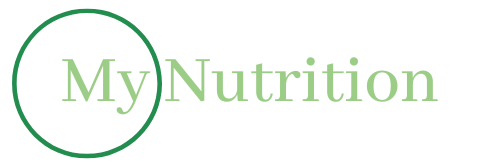Iron deficiency anemia is a common problem among women, affecting around 1 in 3 women around the world. The main reason for the high prevalence in women is menstruation, pregnancy, and giving birth. Though those with heavy periods are most likely to suffer from this deficiency, there are a range of other risk factors which can contribute to iron deficiency anemia. Children, strict vegetarians, blood donors, and those with poor diets are particularly at risk.

Due to the effect of this condition on hemoglobin, iron deficiency may cause extreme fatigue and weakness, shortness of breath, pale skin, dizziness, and dull headaches. If you are experiencing any of these symptoms, it may be advised to consult a healthcare professional as they may be an indication of iron deficiency or another underlying health condition.
The bad news is that iron deficiency can not only make us feel tired and weak, but it can also lead to more serious health problems if left untreated. The good news is that there are many ways to combat this condition. Here are some of the easiest ways to manage and mitigate iron deficiency in women:
Increasing intake
Lifestyle changes
The key to managing and mitigating iron deficiency is to ensure you consume enough iron. Red meat, poultry, fish, beans, lentils, and leafy green vegetables are all excellent and versatile sources of iron. Unfortunately, despite the fact that many women have a healthy, well-balanced diet, they may also need to take iron supplements. Thankfully, these are easily available in pill, capsule, or liquid form. Like many other nutrients and minerals, iron is best absorbed with vitamin C. So don’t forget to enjoy your fish dish or salad with a cup of orange juice, or take your supplements with fresh fruit as part of your breakfast ritual.

Another way to manage and mitigate iron deficiency is to make lifestyle changes that reduce the risk of blood loss. These include but are not limited to, practicing good menstrual hygiene, opting for non-hormonal birth control, and seeking medical treatment for heavy periods or other conditions that may cause blood loss. Managing menstruation is particularly important for anemic women. Be sure to drink enough water and eat iron-rich foods during your time of the month. Did you know that dark chocolate has around 13mg of iron per bar? If you have a sweet tooth like us, particularly during your period, this is an excellent snack to enjoy in moderation.
Foods to avoid
Unknown to most, there are many everyday foods and drinks that can interfere with iron production and absorption. Tea, coffee, and other caffeine-based products can inhibit absorption – therefore it is important to either consume these drinks outside of meals or opt for decaf options instead. Calcium products have a similar effect, reducing iron absorption by as much as 50% with meals. Since this important mineral for healthy bone structure has an adverse effect on iron, we understand it can be hard to balance vitamins, nutrients, and minerals into your diet.

Our nutritionists at MyNutrition are here for you to create nutrition plans personal to you and your health goals. Speak to us today to know more about our individual-specific plans.
